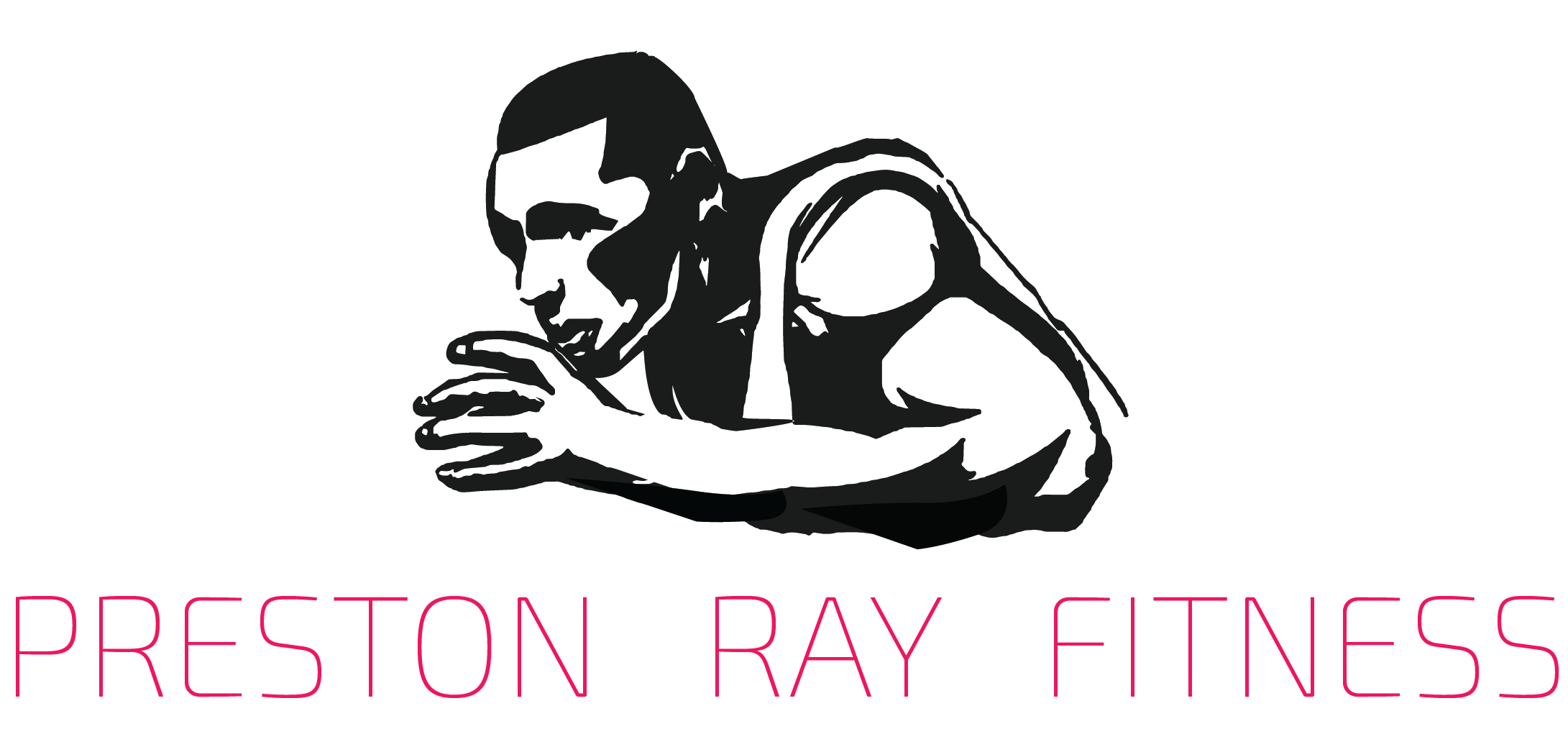Have you ever noticed that you talk to yourself when you practice or play most sports? Mostly on the inside, but sometimes externally as well. As I look back on the tens of thousands of hours I spent playing my favorite sport of basketball, I can clearly recall having a conversation with myself constantly in games and in practice. Unbeknownst to me, however, was that if this conversation had been one free of judgement, swearing, and other negative self-talk it would have strengthened my game. However, the conversations I was having with myself were anything but. “You can’t miss this shot.” “Why haven’t you scored more points? “You suck.” “Don’t embarrass yourself.” I was totally oblivious to the fact that this type of dialogue was undermining my progress until I read The Inner Game of Tennis by coach and author, W. Timothy Gallwey. One of the five best books I read in 2015, I was totally blown away by Gallwey’s ability to use tennis as a medium and put this behavior into context. He calls this phenomenon Self 1 and Self 2. The teller and the doer and it is the crux of this 134-page book that I love so much.
The Inner Game of Tennis is ranked in my top 5 of 2015 because it helped me to put into context a very negative subconscious behavior that has troubled me for most of my life-negative self-talk. Although I wasn’t consciously aware while it was occurring, I now realize with the teachings of coach and author W. Timothy Gallwey that my default motivational technique in basketball and training is to speak to myself in a way that not only keeps me from reaching my full potential in sport, but also in life. You see, I never realized that I was playing two games at once when I play basketball or train for it. One is an external game and the other is an internal game. The former you can’t control and the latter you can control. In order to control the latter, which is the only portion of the equation you can control, you must first understand the principle of Self 1, the “teller” and Self 2 the “doer.” This principle is the highlight of this book and the reason I have ranked it so highly. It has helped me change the way I talk to myself and think of myself.
In short, Self 1 the teller, is constantly commanding Self 2, the doer, to perform. By breaking it down this way, I was able to fully understand that the way I had been speaking to myself while playing basketball for most of my life was full of negativity. “Why are you missing so many shots?” “Bend your knees.” “Follow through.” All of this negative self-talk led to subpar performances that seemed to be out of my control. The problem for me, and I am sure many others, is this the relationship between Self 1 and Self 2. “And the key to better tennis, or better anything, lies in improving the relationship between the conscious teller, Self 1, and the natural capabilities of Self 2.” Did he just say better anything in that quote? This leads to me another more important discovery about myself. The way I spoke to myself in the 10,000 hours I spent playing basketball had permeated into other areas of my life. Most noticeably, my career.
I have been in Sales for the majority of my career, and it goes without saying that sales of any type are very competitive. Much like sports, you are competing against time, others, and yourself with the main objective of “winning” the business of another person or company. As a Personal Trainer/Coach, I am still responsible for acquiring new business and closing deals. Just a couple of weeks ago, I noticed that when I didn’t close a particular piece of business that I considered a slam dunk, I began talking to myself negatively. “He must not have liked your training method.” “Your rates are too expensive.” “You didn’t challenge him enough.” On and on my mind raced until it dawned on me that Self 1 was berating Self 2 again. This time in my career, it seems as though this bad habit is worse than I thought, but I am happy with my radar going off to let me know what was going on. As they say, “knowing is half the battle.” The other half is doing. Below are 5 things you must DO to eliminate negative self-talk and improve performance in any area of your life:
1) State only the facts.
2) Use descriptive, but non-judgmental words to describe the events you see.
3) Allow yourself to accept failure without judgement.
4) Picture your desired outcome.
5) Meditate. Clear your thoughts by listening to your heartbeat.
If you are a perfectionist in life or sports, you must read The Inner Game of Tennis by W. Timothy Gallwey to better understand why this is not self-empowering behavior, but rather self-defeating behavior. Only the Gods are perfect. You must strive for excellence and you will not achieve excellence by comparing yourself to others, talking to yourself negatively, or worst of all, basing your self-worth on how well you play. I personally have committed all three of these deadly sins. Sins which prevent me from being my best self.
“The truth is that everyone who inhabits a human body possesses a remarkable instrument. In light of this, it seems inappropriate to call our bodies derogatory names.” -Jerry Lynch

Recent Comments